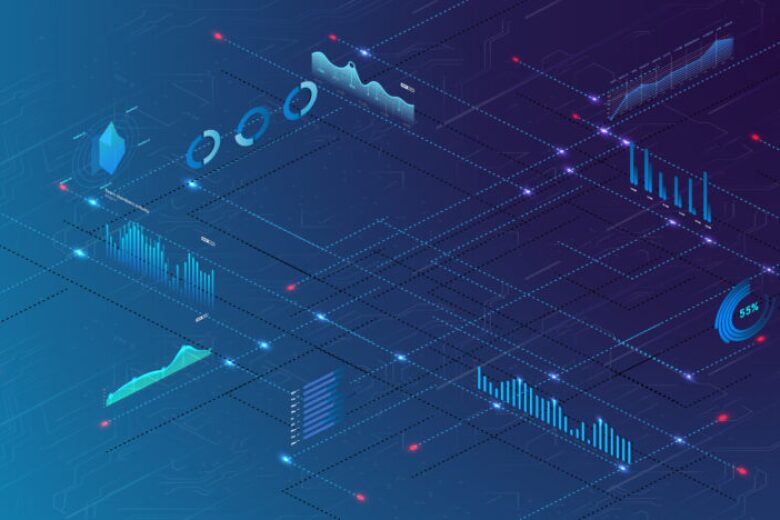Welcome to a new blog post series that focuses on spotlighting the technological challenges of the healthcare ecosystem. Thanks to the successful partnership between InterSystems and Hack Belgium Labs, which organises open innovation events (hackathons) and training modules for people from innovation and entrepreneurship domains, we can take a closer look at the issues within the healthcare sphere from various angles. Furthermore, you will gain insights into three workshops that emerged from this collaboration.
Hack Healthcare’s Hidden Treasure
A hackathon, in its essence, is a social-coding gathering of gifted programmers who aim to improve existing software or create novel solutions, and Hack Healthcare is one of them. This two-day event is organised annually to address the technological challenges in the healthcare sphere - it is only what you would probably notice at first sight. However, when you open the trunk, you see that the key advantage of this occurrence is that it does not seek temporary solutions but rather resolutions that can be arranged within 18 months without the need for new regulations or technological advancements.
It answers the need to ensure better healthcare results and relieves pressure on limited resources. Since it is made by businesses for businesses, it has the ability to directly encourage new long-term collaborations between companies whose ideas can be implemented after the event. It also shortens the way of communication and stimulates ideas. Uniting the different stakeholders from the same sector helps develop a culture of understanding the benefits of digital health innovations by providing the programmers and investors with the resolutions so that they can give power (data) to everyone on the healthcare line.
Why do we want to participate in Hack Healthcare?
Therefore, InterSystems, as a company supporting digitalisation within the healthcare sector by assisting companies with the growth of high-performing databases and shared access to patient medical records, seems like a natural participant and core partner of this event. Moreover, both InterSystems and Hack Belgium Labs are willing to confront the challenges of this crucial industry by presenting solutions that can improve data-sharing within it. Therefore, Hack Healthcare is a significant event as it brings together participants working or being passionate about the health industry.
It enables their creativity and lets them devise new concepts and solutions for existing problems in the approach of healthcare data together. It also creates the necessary face-to-face opportunity for building trust and mutual understanding. It showcases that networking and symbiotic alliances among already established healthcare entities are needed and deliver better outcomes for everyone, as, in the end, we all collectively benefit from it. Therefore, InterSystems has set its sights on reshaping the patient data-sharing landscape by creating a Unified Care Record (UCR), which can become a literal lifesaver in emergent scenarios.
Crafting solutions
To define the key challenges in the digitalisation of the healthcare industry, InterSystems together with the Hack Belgium Labs’ team organised a problem-solving Exploratory Workshop, whose outcomes were discussed during two following workshops held by InterSystems at Hack HealthCare 2023: Connecting First and Second Lines of Care and Capturing and Using Patient Evaluations. We will describe their processes and results in the forthcoming posts.
Creating the path of seamless data-sharing
To recapitulate, the healthcare sector, beyond its struggles, must face the problems of digitalisation, notably data-sharing. Although a patient's medical record exists within the electronic health record (EHR) system, in most cases, it is not accessible to the patient or the doctors of other healthcare institutions than the one they originated. This is where the significance of events like Hack Healthcare takes centre stage, serving as a friendly reminder of the awaiting challenges and spurring collaborative efforts towards the leading solution.
However, to set the right direction for the hackathon and the challenges that it addresses, it is necessary to first hold workshops with focus groups gathering people from different corners of the ecosystem.
We hope this blog series is going to let you uncloud the whole process behind the hackathon and put flesh on the importance of healthcare data systems because, already in the next post, you will learn about the exploration phase of the workshops.





































